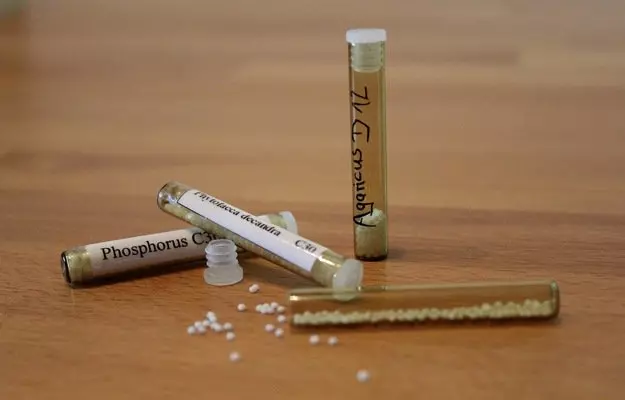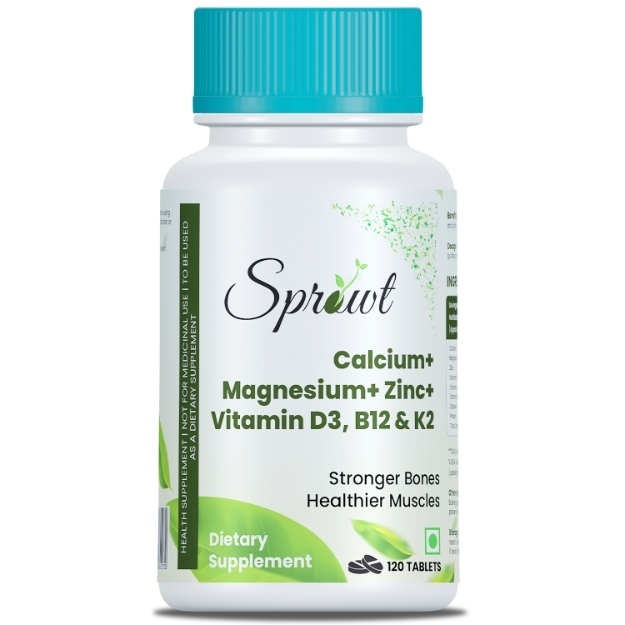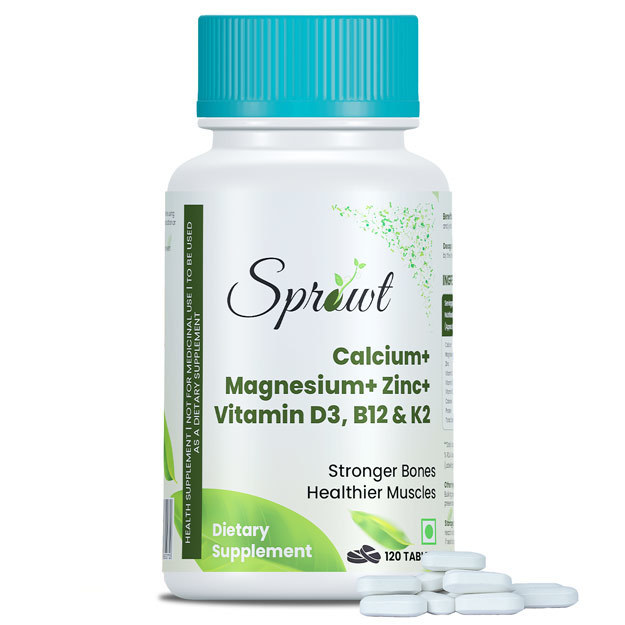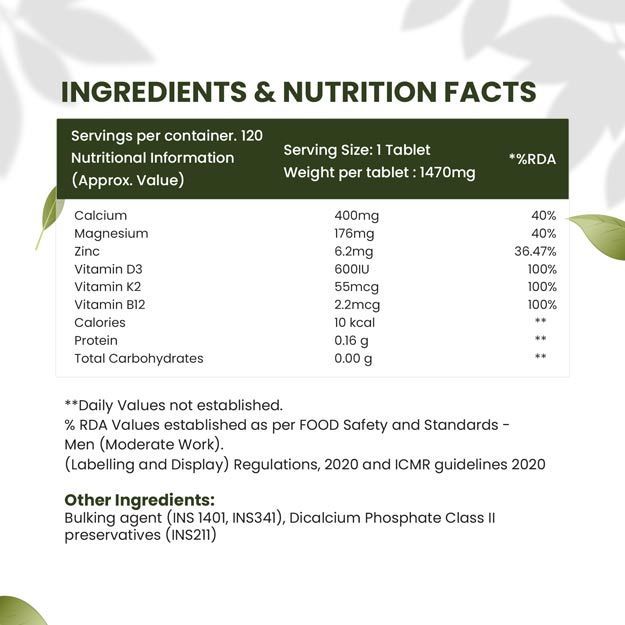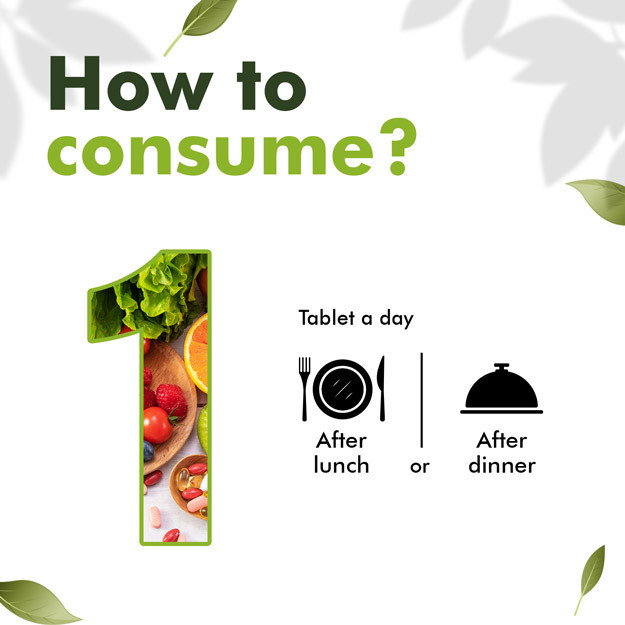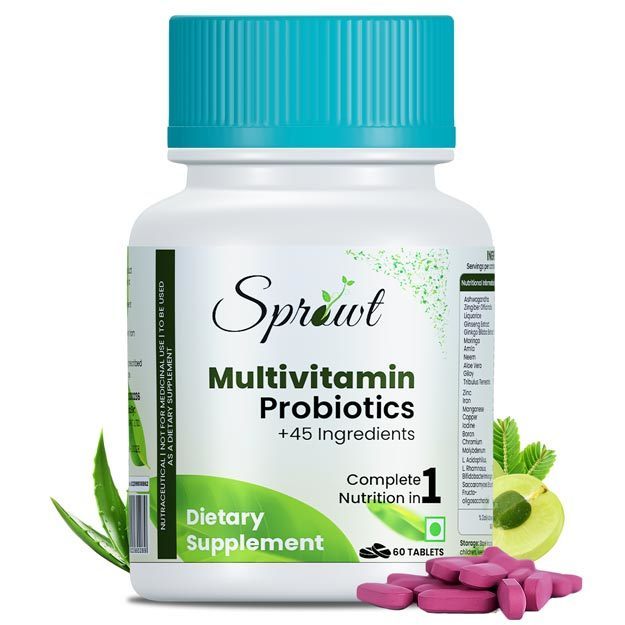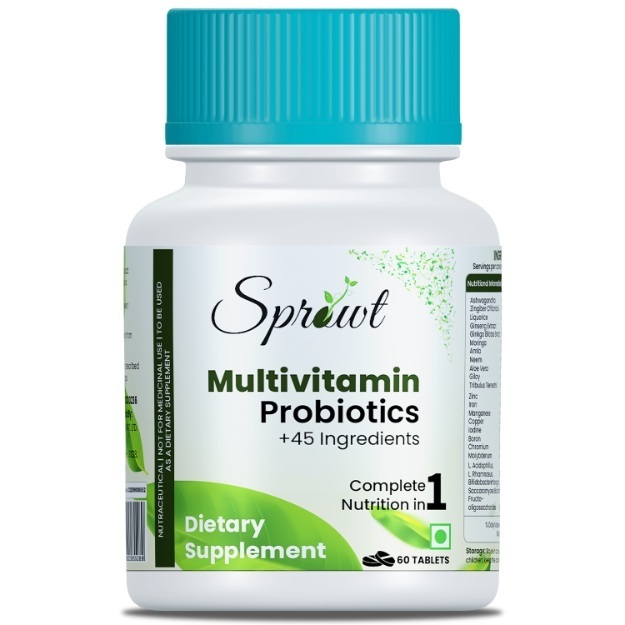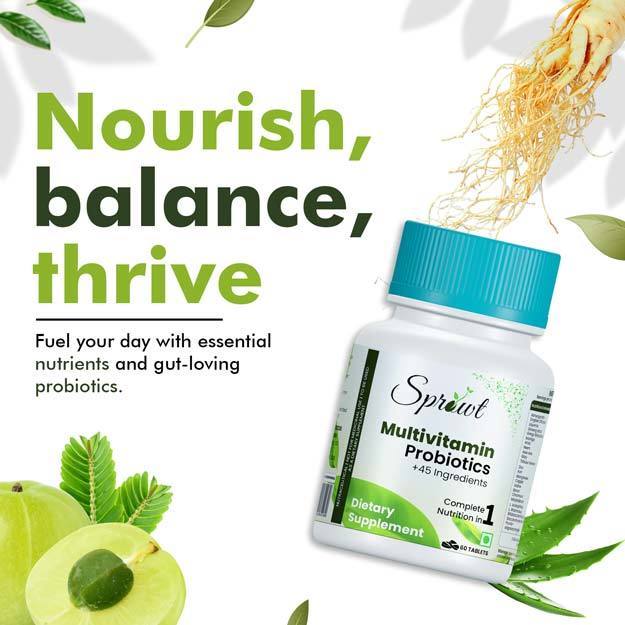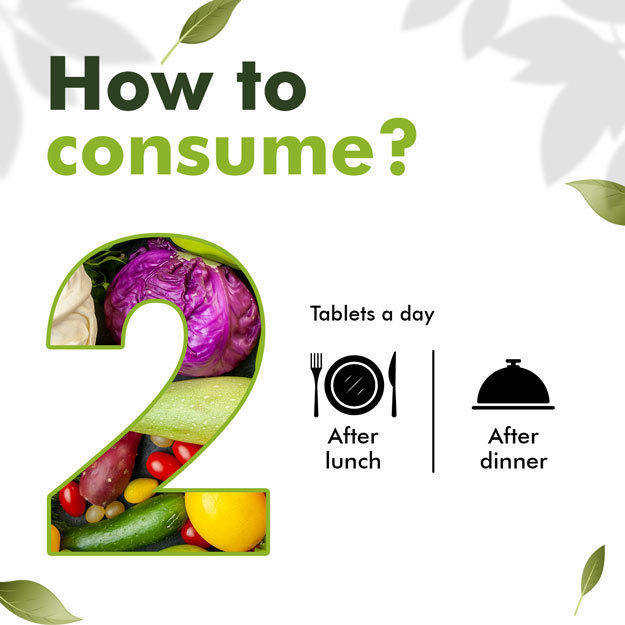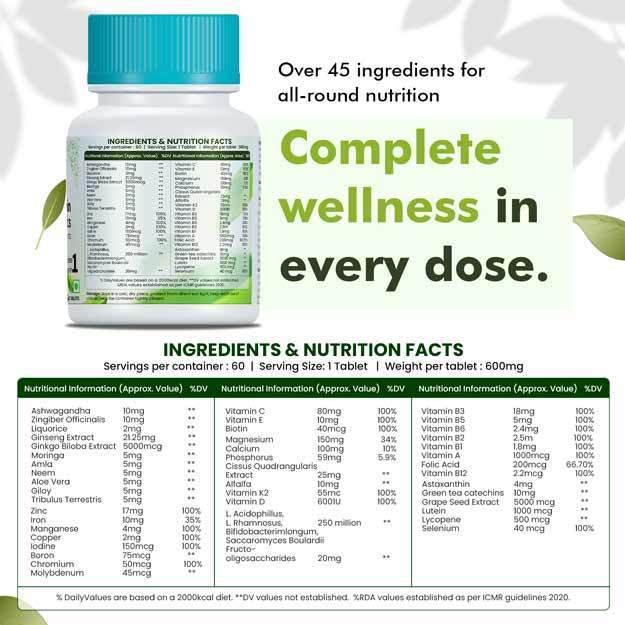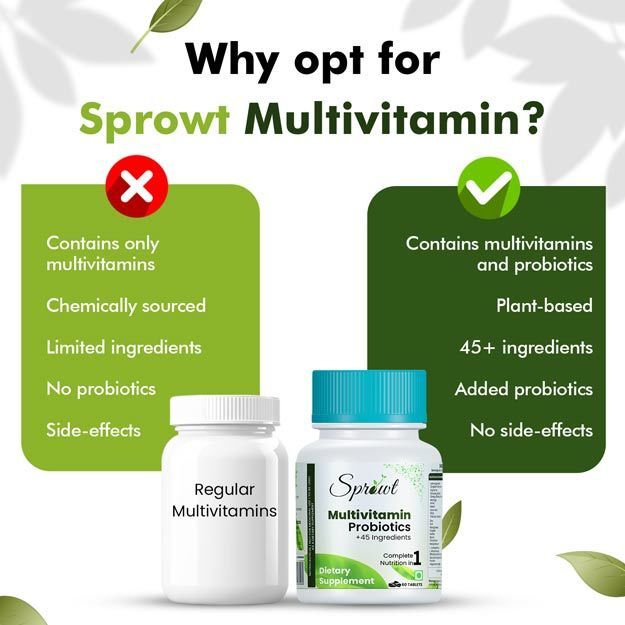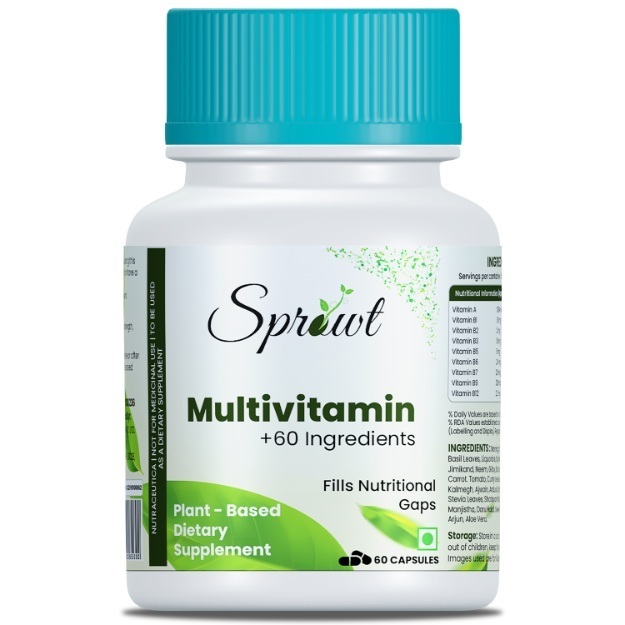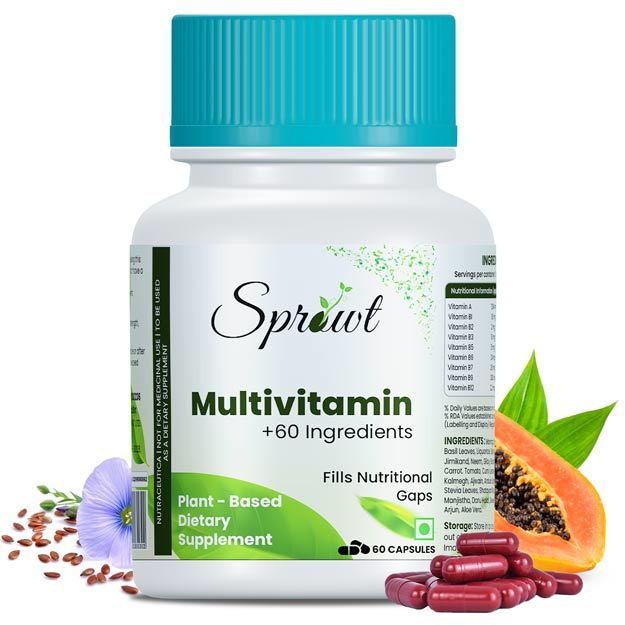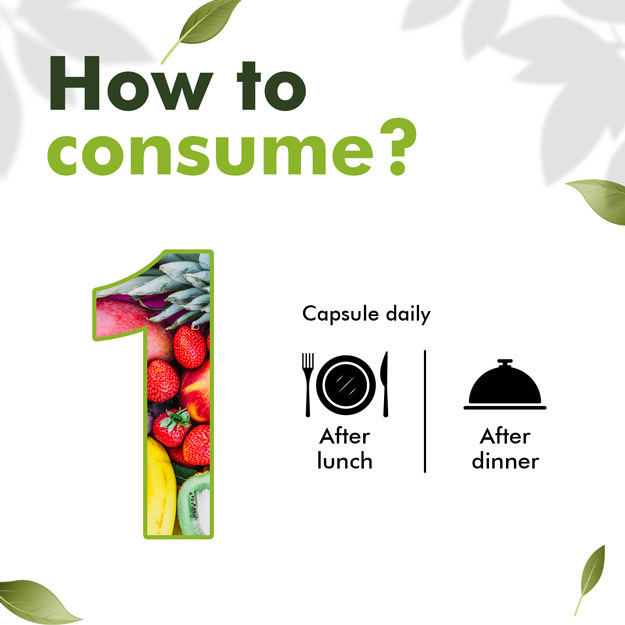You can get phosphorus from food items. The Indian foods from which you can get phosphorus are mentioned below.
Soybean -
Soybean is a good source of phosphorus and protein. Along with this, vitamin B is also found in abundance in it. The elements found in soybean are capable of reducing the symptoms of menopause. If you are suffering from thyroid, then you should avoid eating soybean, because it can cause problems for your thyroid. By consuming one cup of soybean, you get about 1309 mg of phosphorus, which is 131 percent of your daily requirement of phosphorus.
Flax seeds -
Flax seeds have antioxidant properties. Along with phosphorus, omega-3 fatty acids are present in flax seeds. Omega-3 is beneficial for the heart and brain. One teaspoon of flax seeds provides about 65.8 milligrams of phosphorus, which is 7% of the daily requirement of phosphorus.
Pulses-
Apart from phosphorus, pulses contain high amounts of protein, fiber, potassium and folate. All these elements work to keep you and your heart healthy. Folate is very important for pregnant women. By consuming one cup of lentils, you get about 886 milligrams of phosphorus, which is 87 percent of your daily requirement.
Oats-
You can consume oats to stay healthy. It helps in relieving the problem of diarrhea. Along with this, blood pressure and sugar levels are controlled by oats. It is also considered important for the skin. Consuming one cup of oats provides about 816 milligrams of phosphorus. It fulfills 82 percent of the daily requirement of phosphorus.
Rye -
Rye is found in almost every house. Rye is used in many dishes. Apart from phosphorus, it contains magnesium and iron, which helps in removing fatigue. Apart from this, zinc present in rye strengthens the immune system. About 632 milligrams of phosphorus can be consumed from one cup of rye. This is 63 percent of the daily requirement of phosphorus.
Peanuts -
Peanuts contain many types of nutrients. It is not only cheap, but is also very useful for heart health. About 523 milligrams of phosphorus is found in one cup of peanuts. Which fulfills about 52 percent of the daily requirement.
Eggs -
Eggs contain phosphorus as well as vitamin B2, protein and other nutrients. All these nutrients are essential for the functioning of the body. By consuming one egg, you get about 84 milligrams of phosphorus. This is 8 percent of your daily requirement.
Other Sources Of Phosphorus
(Read more - Manganese: benefits, sources, uses)

